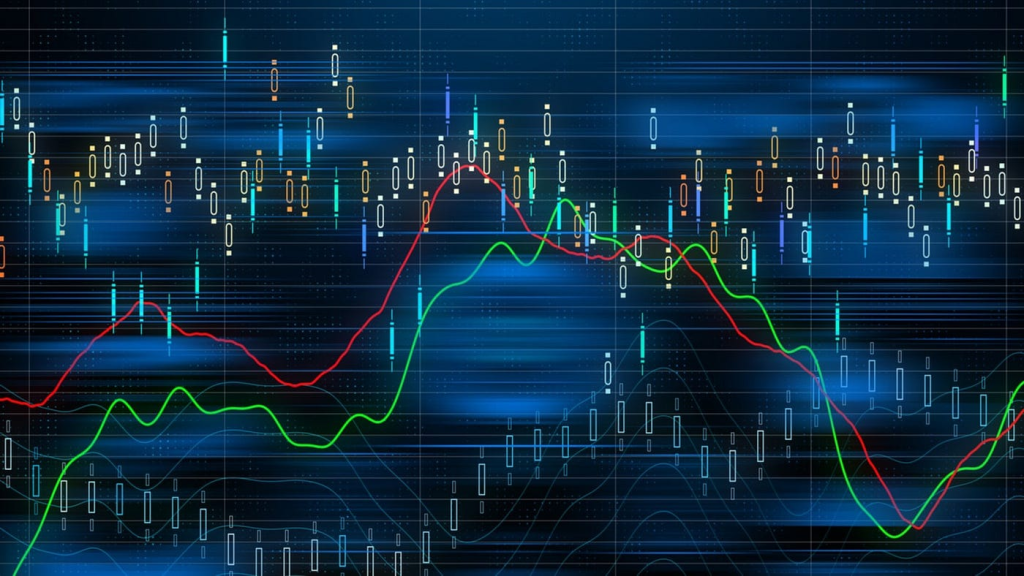” Forex trading, also referred to as international trade trading or currency trading, may be the global market place for buying and selling currencies. It runs twenty four hours per day, five times per week, allowing traders to participate on the market from everywhere in the world. The primary purpose of forex trading is to profit from fluctuations in currency exchange prices by speculating on whether a currency pair can rise or drop in value. Players in the forex market include banks, economic institutions, corporations, governments, and personal traders.
One of many important options that come with forex trading is their high liquidity, meaning that large sizes of currency can be purchased and offered without significantly affecting trade rates. This liquidity ensures that traders may enter and exit roles rapidly, permitting them to make the most of also little price movements. Additionally, the forex industry is very accessible, with reduced barriers to entry, letting people to begin trading with fairly little amounts of capital.
Forex trading supplies a wide range of currency sets to deal, including significant pairs such as for instance EUR/USD, GBP/USD, and USD/JPY, as well as slight and amazing pairs. Each currency pair shows the change charge between two currencies, with the first currency in the set being the beds base currency and the second currency being the estimate currency. Traders can benefit from equally increasing and falling markets by using extended (buy) or short (sell) positions on currency pairs.
Successful forex trading needs a strong knowledge of essential and complex analysis. Fundamental examination involves considering economic indications, such as curiosity rates, inflation charges, and GDP development, to assess the underlying strength of a country’s economy and their currency. Complex examination, on another hand, involves considering value graphs and designs to identify tendencies and potential trading opportunities.
Chance management can also be essential in forex trading to guard against possible losses. Traders often use stop-loss requests to limit their disadvantage chance and employ appropriate position sizing to ensure that not one business can somewhat influence their over all trading capital. Also, maintaining a disciplined trading approach and handling thoughts such as for example greed and fear are critical for long-term success in forex trading.
With the improvement of technology, forex trading has be more available than ever before. Online trading systems and cellular programs offer traders with real-time access to the forex industry, permitting them to implement trades, analyze market knowledge, and manage their portfolios from any device. Furthermore, the accessibility to academic forex robot sources, including guides, webinars, and demonstration reports, empowers traders to produce their skills and improve their trading performance over time.

While forex trading offers significant income possible, it also holds inherent risks, like the prospect of substantial losses. Thus, it’s required for traders to perform thorough study, develop a noise trading strategy, and repeatedly monitor industry problems to make educated trading decisions. By adhering to disciplined risk management practices and staying informed about worldwide economic developments, traders can improve their odds of success in the powerful and ever-evolving forex market.”
